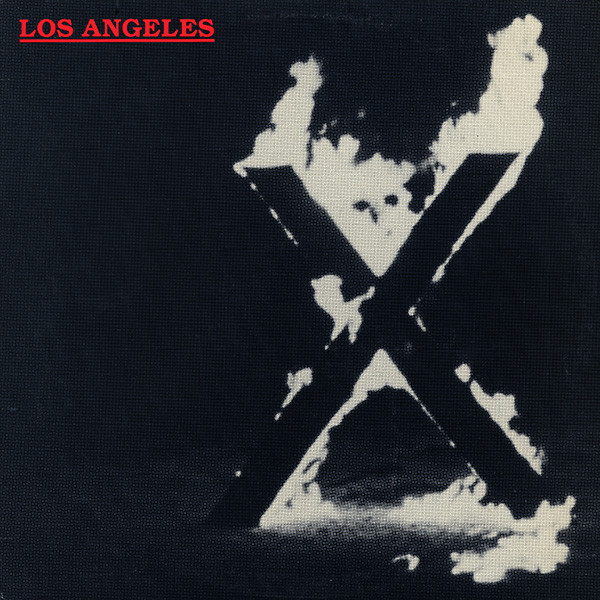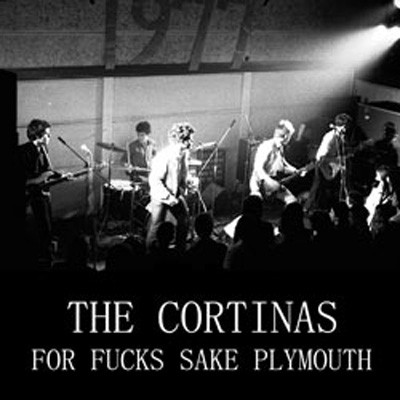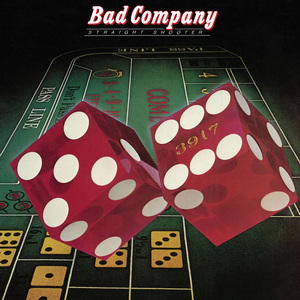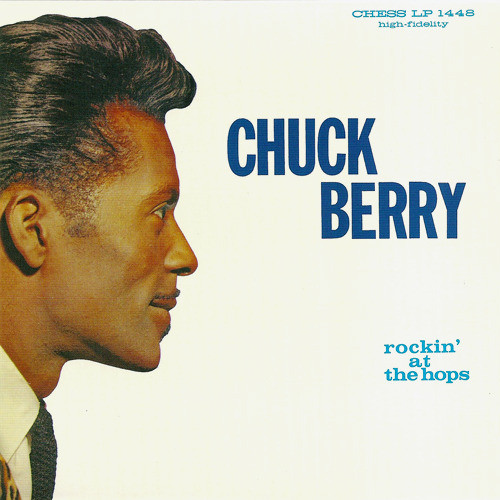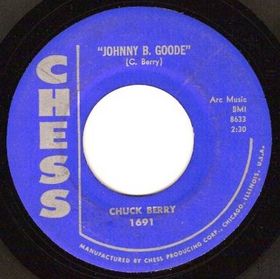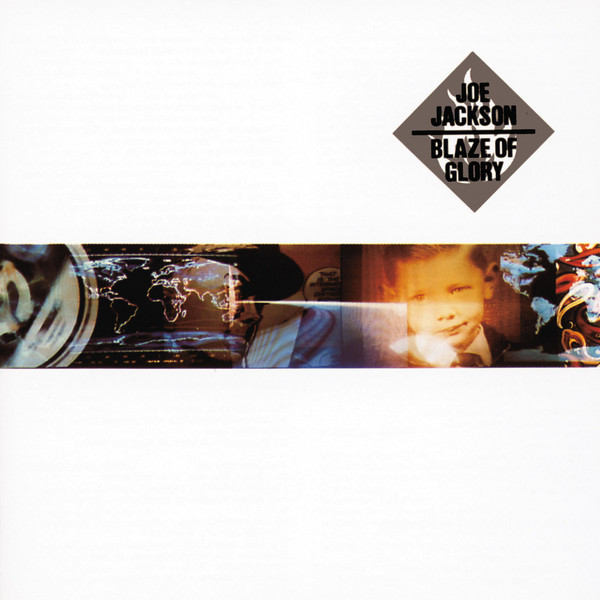
“Blaze of Glory” (1989) – Joe Jackson * Written and produced by Joe Jackson * Single: “Blaze of Glory” / “Rant and Rave” * LP: Blaze of Glory * Label: A&M Records
Joe Jackson, the British singer-songwriter known for stylistic shifts and melodic pastiche, submitted a new articulation of the Johnny story in 1989. It was reminiscent enough of Bad Company’s “Shooting Star,” reshuffling its acoustic guitar-driven Is, Vs, and VIIbs, to seem like a slightly irritated attempt to fill some of that song’s psychological holes. What Bad Company didn’t tell us, according to Jackson, was that Johnny’s skill didn’t matter so much as a “look in his eye” and an ability to make “young girls cry.” Johnny was exploited, he misled legions of imitators, and someone should possibly pay.
His ghost also haunts Memphis, which means that Jackson is likely singing about Elvis and his lesser ilk, and that Jackson is therefore canceling out all elements of natural musical prowess so important to Chuck Berry’s version of the story. Maybe that’s his way of saying Berry misunderstood the true mechanics of Johnny’s world. But then this happens: the horns near the end start quoting “On Broadway,” the 1963 Drifters song where an African American declares determination to get his name in lights because he can “play this here guitar.” And we end up right back in Berry’s original dream.

